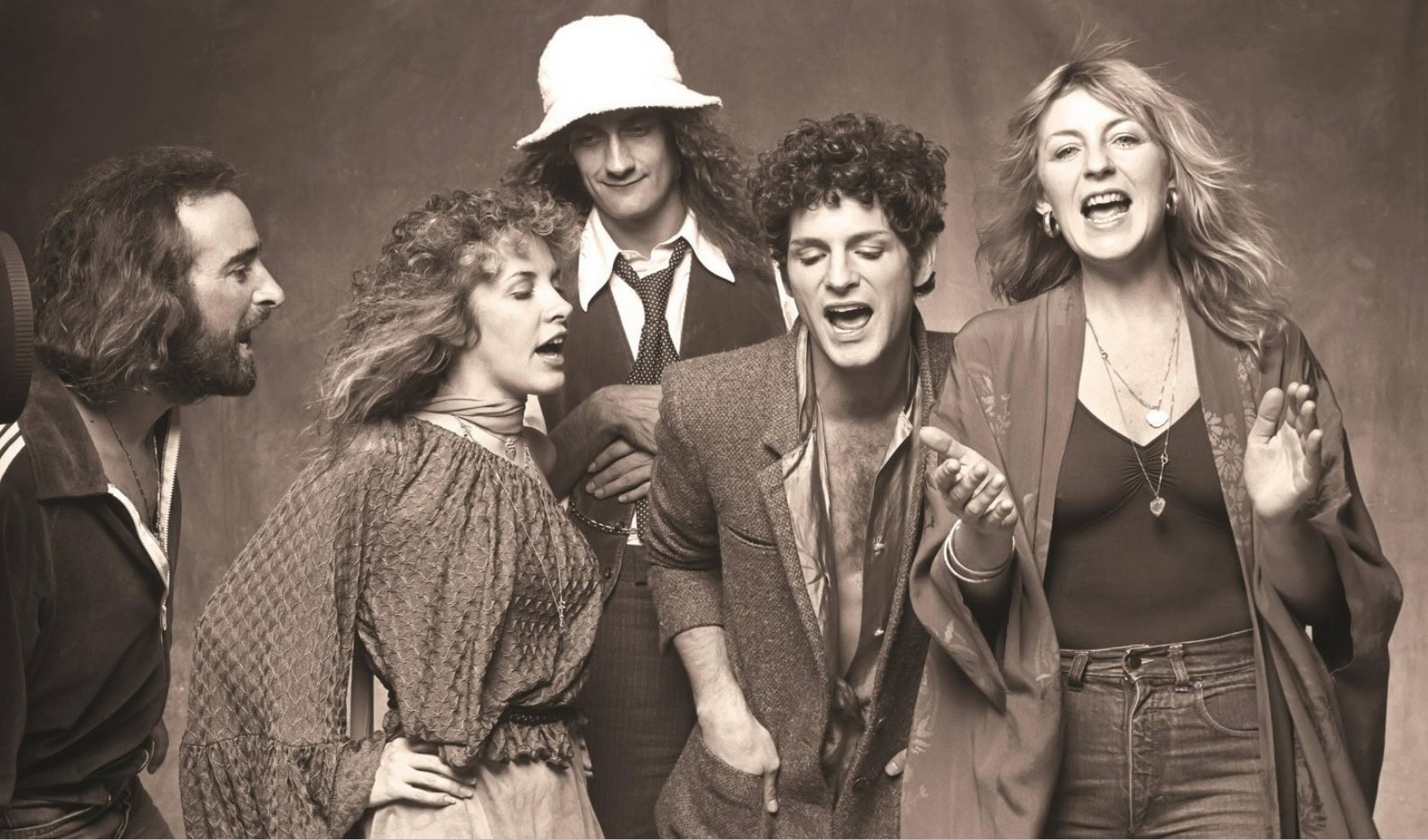
About the song
*”Tusk,” the sprawling, experimental opus from Fleetwood Mac’s 1979 album of the same name, is more than just a song; it’s a sonic journey through the heart of Los Angeles. Released at the height of the band’s commercial success, “Tusk” marked a departure from the polished pop-rock sound that had defined their previous records. With its extended length, unconventional instrumentation, and eclectic mix of musical styles, the song is a testament to the band’s willingness to push the boundaries of popular music. Inspired by the energy and diversity of their adopted hometown, “Tusk” captures the spirit of a city in constant flux, blending elements of rock, funk, and marching band to create a truly unique listening experience.”*
**Option 2: Highlighting the song’s creation process and its significance in Fleetwood Mac’s discography**
*”The brainchild of guitarist Lindsey Buckingham, “Tusk” was born out of a desire to create something completely different. Buckingham envisioned a song that would capture the raw energy of a live performance, and he enlisted the help of the USC Trojan Marching Band to achieve this goal. The resulting track is a sprawling, ambitious piece of work that showcases the band’s musical versatility. While “Tusk” may not have been a commercial success in the same way as some of Fleetwood Mac’s other hits, it remains a fan favorite and a standout moment in the band’s discography.”*
**Option 3: Emphasizing the song’s thematic elements and its enduring appeal**
*”Beneath its eclectic soundscape, “Tusk” is a song about personal growth and the search for identity. Buckingham’s lyrics evoke images of struggle and triumph, reflecting the tumultuous personal lives of the band members during this period. The song’s themes of perseverance and self-discovery have resonated with listeners for decades, making it a timeless classic. Whether you’re a longtime fan of Fleetwood Mac or simply appreciate great music, “Tusk” is a song that will stay with you long after the final note fades.”*
**Additional elements you might want to include:**
* Specific details about the recording process, such as the use of the USC Trojan Marching Band and the song’s unconventional structure.
* References to the cultural and historical context of the song’s release, such as the late 1970s Southern California music scene.
* Comparisons to other Fleetwood Mac songs or artists who influenced the band.
* Your personal interpretation of the song’s meaning and significance.
Video
Lyrics
Why don’t you ask him if he’s going to stay?
Why don’t you ask him if he’s going away?
Why don’t you tell me what’s going on?
Why don’t you tell me who’s on the phone?
Why don’t you ask him what’s going wrong?
Why don’t you ask him the latest on his throne?
Don’t say that you love me
Just tell me that you want me
Tusk
Just say that you want me
Don’t tell me that you
Tusk
Real savage like
Tusk
Tusk
Tusk! Tusk!